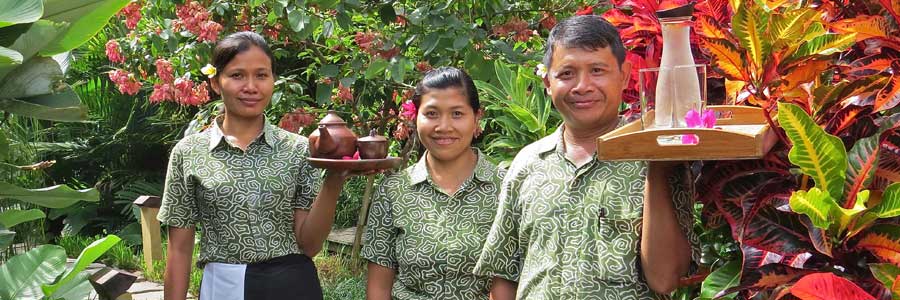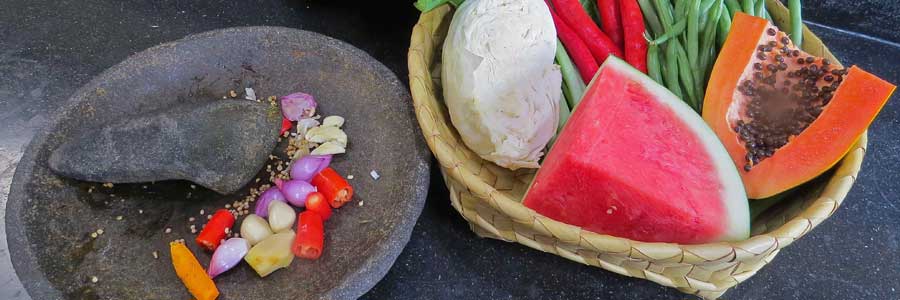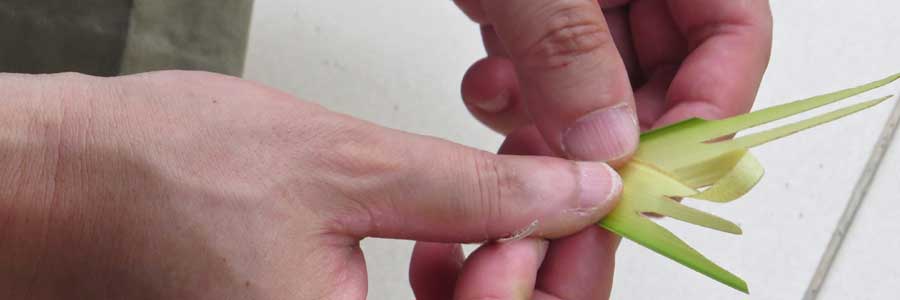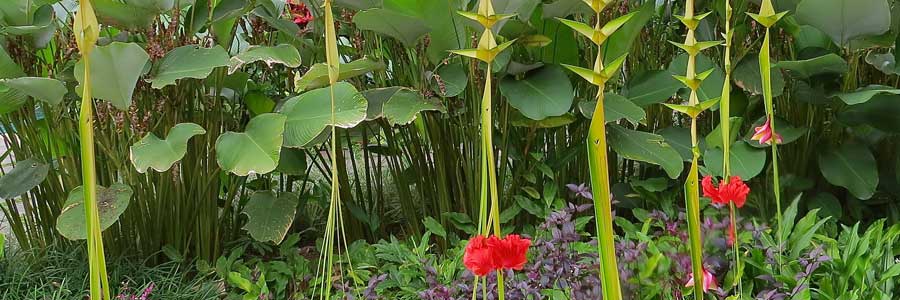In House Activities
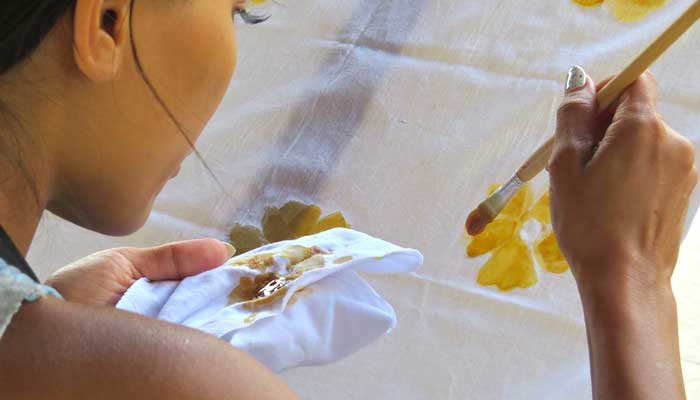
Natural Dye Batik class
This class offers a unique insight into the botany, dye processes and practice of Indonesia’s textile traditions. Starting with an explanation of the work of the Bebali Foundation and a walk through the Bebali natural dye plant garden, you will learn about the more than a hundred plants are used by traditional weavers across Indonesia to make natural dyes for cotton, silk and other fibers.
You will be taught to use the traditional batik tools of canting and cap (drawing pen and stamps) using wax to create resist designs on silk. After you create your wax design you can apply either indigo dye or tannin dyes to create your patterns. The Bebali Foun¬dation only uses sustainably sourced dyes either from our own dye plant gardens or from communities that are sustainably harvesting dye plants.
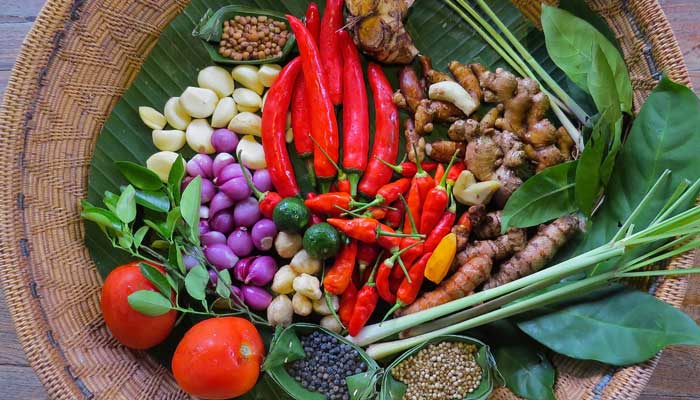
Cooking class
Bali has one of the most complex cuisines in the world. Fresh produce or meats are combined and cooked with a large variety of fragrant herbs and spices to produce a wondrous cuisine of complex taste and aroma. Discover the secrets of this unique and delicious cuisine from the Island of the Gods through Umajati Retreat’s cooking classes.
Our cooking classes use the freshest of produce from the market and seasonal ingredients from Umajati’s garden and surroundings. We feature some of the classic authentic Balinese dishes on two cooking class menus. The class is about 3 hours and you may schedule it for the morning or the afternoon. At the end of your class, you will get to savor your culinary creations!

Balinese Temple Offering-Making Class
Canang sari are the daily offerings made by Balinese. They can be seen in Balinese temples (pura), in household shrines, and on the ground, where they are offered to deities, ancestors and earth spirits. Each offering embodies all that we have in this life. By symbolically returning life’s gifts to their sources, the Balinese acknowledge their temporary stewardship of this world, and their responsibility for safeguarding its gifts.
This class is a fun, hands-on experience for both children and adults, and is excellent as a family activity. You will learn about the components and symbolism of a canang sari and how to use these in a Balinese offering. You will also learn how to make the paku pipid, a palm-leaf hanging inspired by a fern frond that is used for decorating spaces for any joyous occasion. In addition to learning how to make Balinese offerings, you will learn how to dress in traditional temple attire.
Umajati's Mission

Umajati is about cultural integrity, care for the environment, and sustainable livelihoods. A percentage of sales are committed to conservation and livelihood development across Indonesia, giving targeted, long-term mentoring to community groups for sustainable change. This work is done through the Bebali Foundation and the network of communities with which it works.
Read More